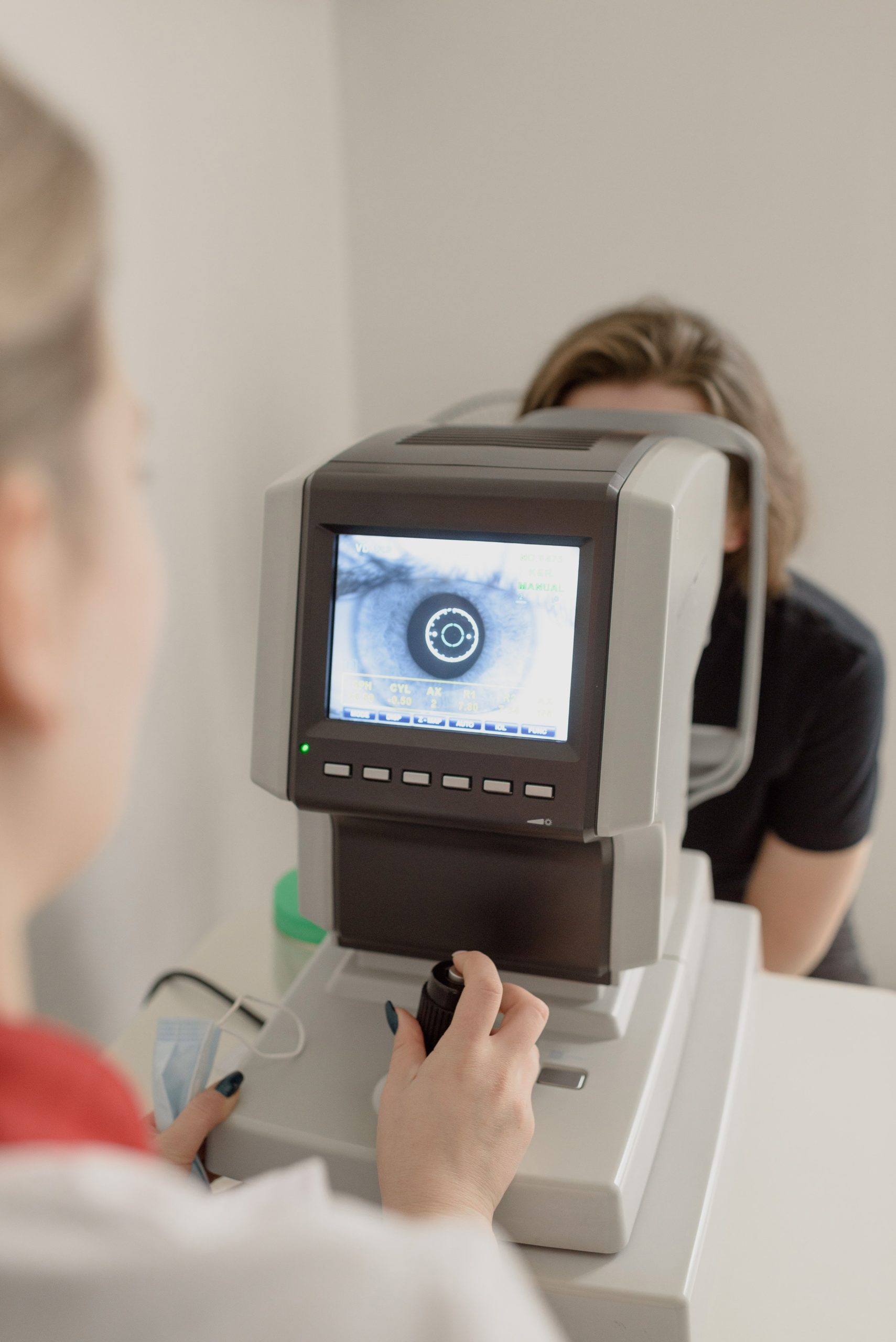
Diabetes, a condition that affects millions worldwide, has a profound impact on various aspects of health, including vision. A diabetic eye exam is a specialized examination conducted to identify and manage eye conditions associated with diabetes. This article delves into what a diabetic eye exam entails and underscores the importance of regular eye exams for individuals grappling with diabetes.
Understanding Diabetic Eye Exams
A diabetic eye exam is more than just a vision test; it’s a thorough examination of the eye, focusing on areas most affected by diabetes. The primary goal is to detect signs of diabetic eye diseases early, such as diabetic retinopathy, glaucoma, and cataracts, to initiate timely intervention. The exam typically includes:
- Visual Acuity Testing: This evaluates the clarity of your vision.
- Pupil Dilation: Eye drops are used to dilate the pupils, allowing a better view of the retina and other eye structures.
- Fundoscopy: This examines the back of the eyeball, including the retina, blood vessels, and optic nerve.
- Fundus Photography: A technique used to create a permanent record of the retina’s appearance.
- Glaucoma Testing: Checks for increased intraocular pressure, which may indicate glaucoma.
Why Regular Eye Exams are Crucial
Diabetes can wreak havoc on the small blood vessels in the retina, leading to a condition known as diabetic retinopathy. Over time, this condition can progress and cause vision loss. Regular eye exams are pivotal in detecting such changes early, allowing for prompt treatment to prevent or slow down vision loss.
Frequency of Eye Exams
The frequency of eye exams for individuals with diabetes is higher compared to those without the condition. It’s recommended that:
- People with Type 1 diabetes should schedule an eye exam within five years of diagnosis and annually thereafter.
- Individuals with Type 2 diabetes should have an eye exam immediately following diagnosis, followed by annual screenings.
- Pregnant women with diabetes should have an eye exam within the first trimester and one year postpartum.
Embracing a Proactive Approach
Adopting a proactive approach by scheduling regular eye exams is a small yet significant step towards safeguarding your vision and overall eye health. It’s imperative to have a comprehensive eye exam annually or as recommended by your eye care professional, especially if you have diabetes.
In conclusion, diabetic eye exams are a crucial aspect of managing diabetes and maintaining good eye health. By detecting and treating eye conditions early, individuals with diabetes can significantly reduce the risk of vision loss and improve their quality of life.
Visit Texan Eye
To learn more about this treatment, check out the services we have available.
